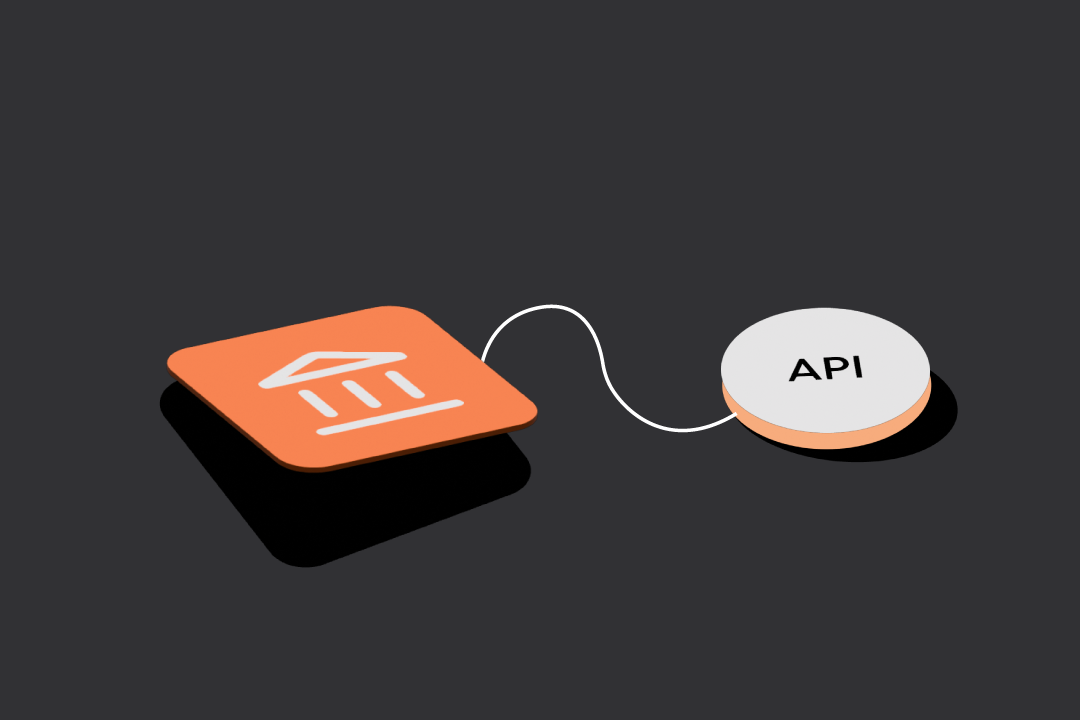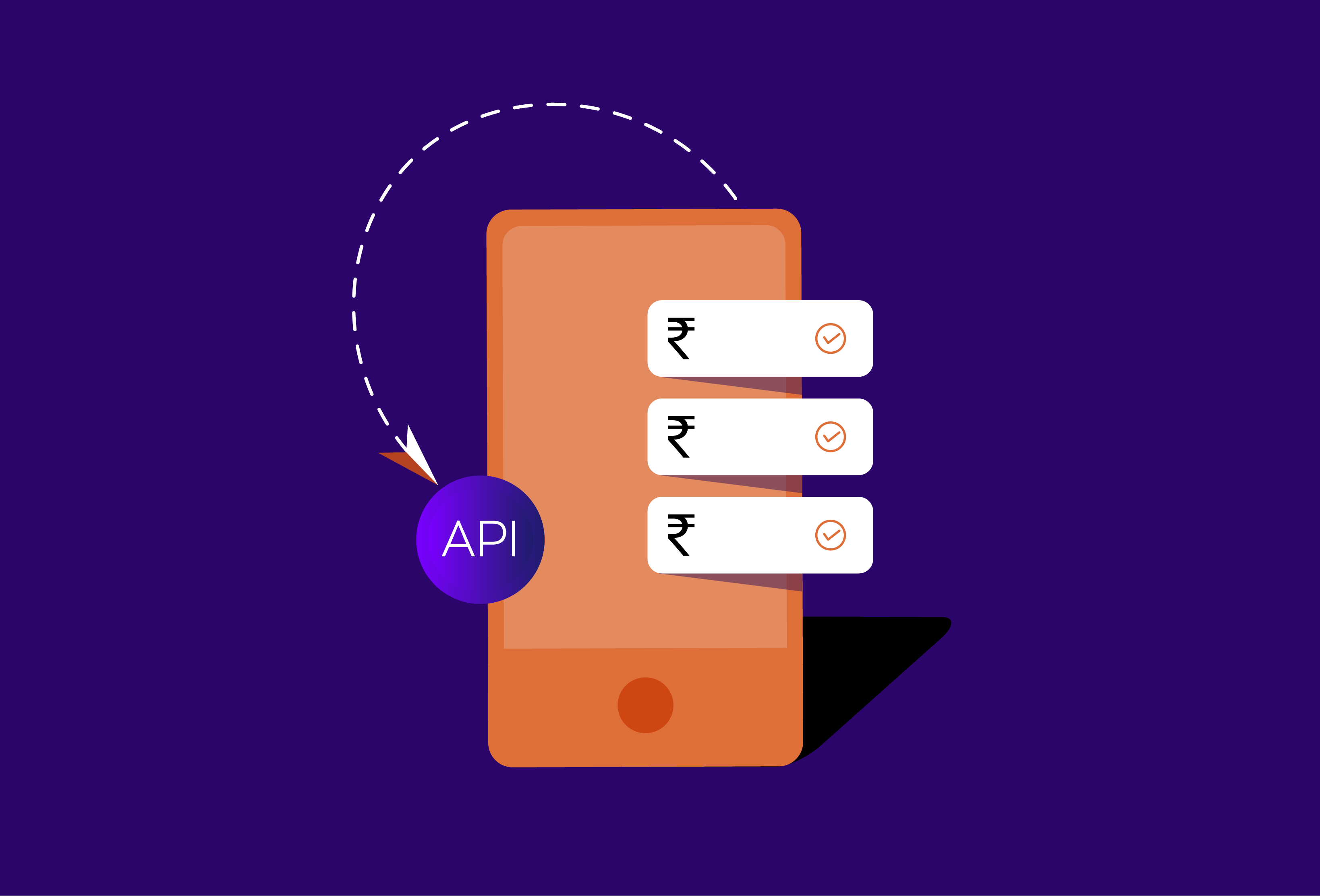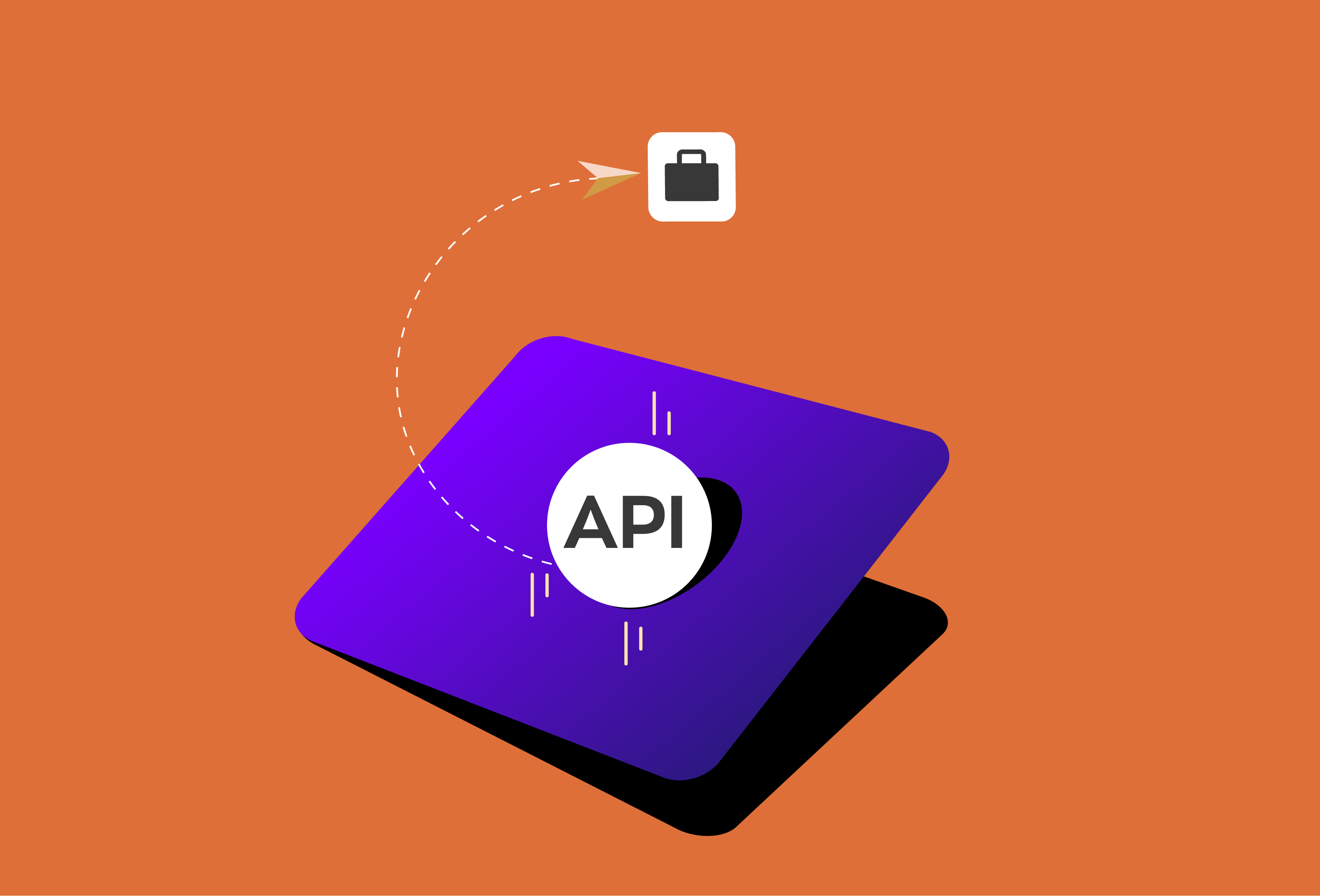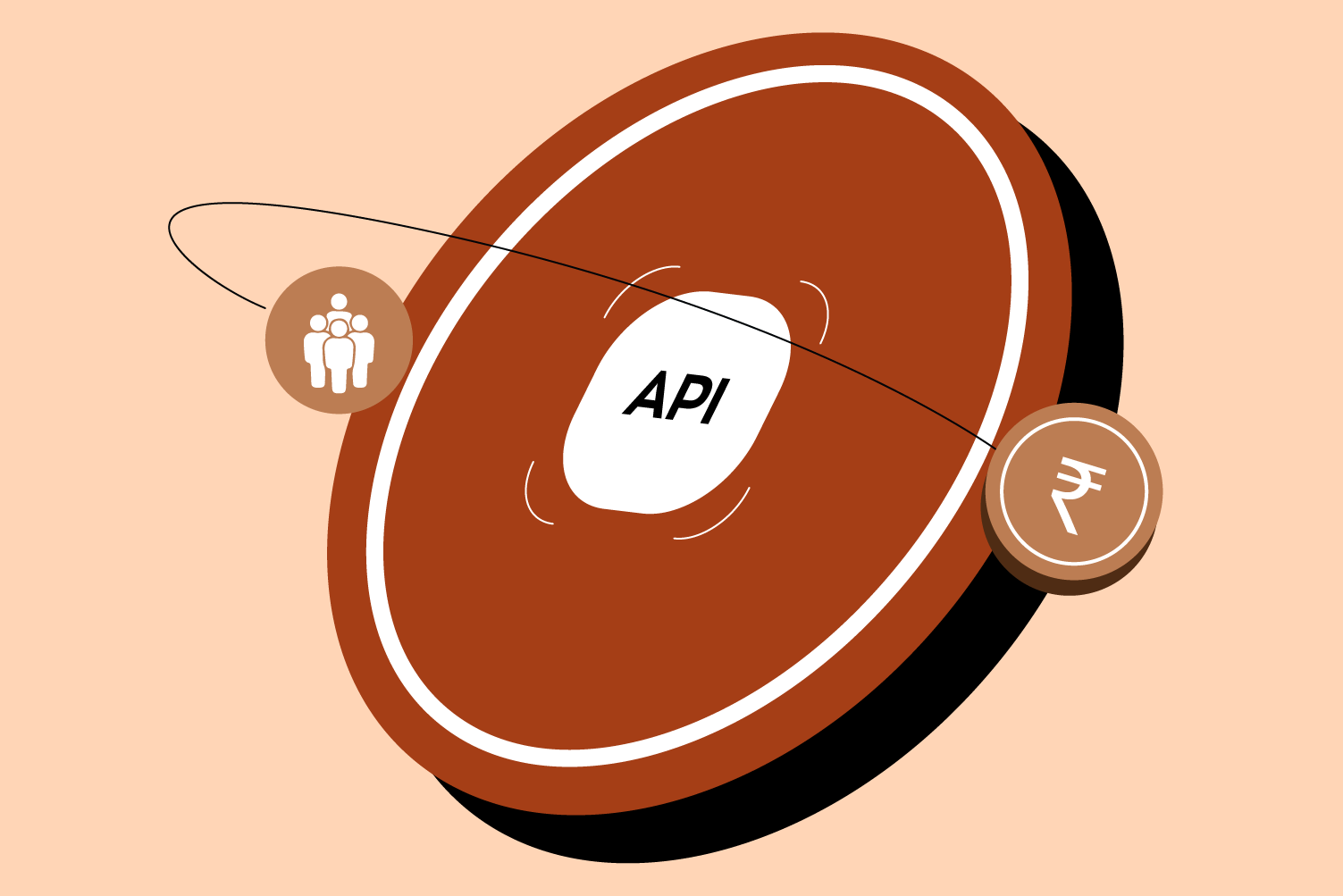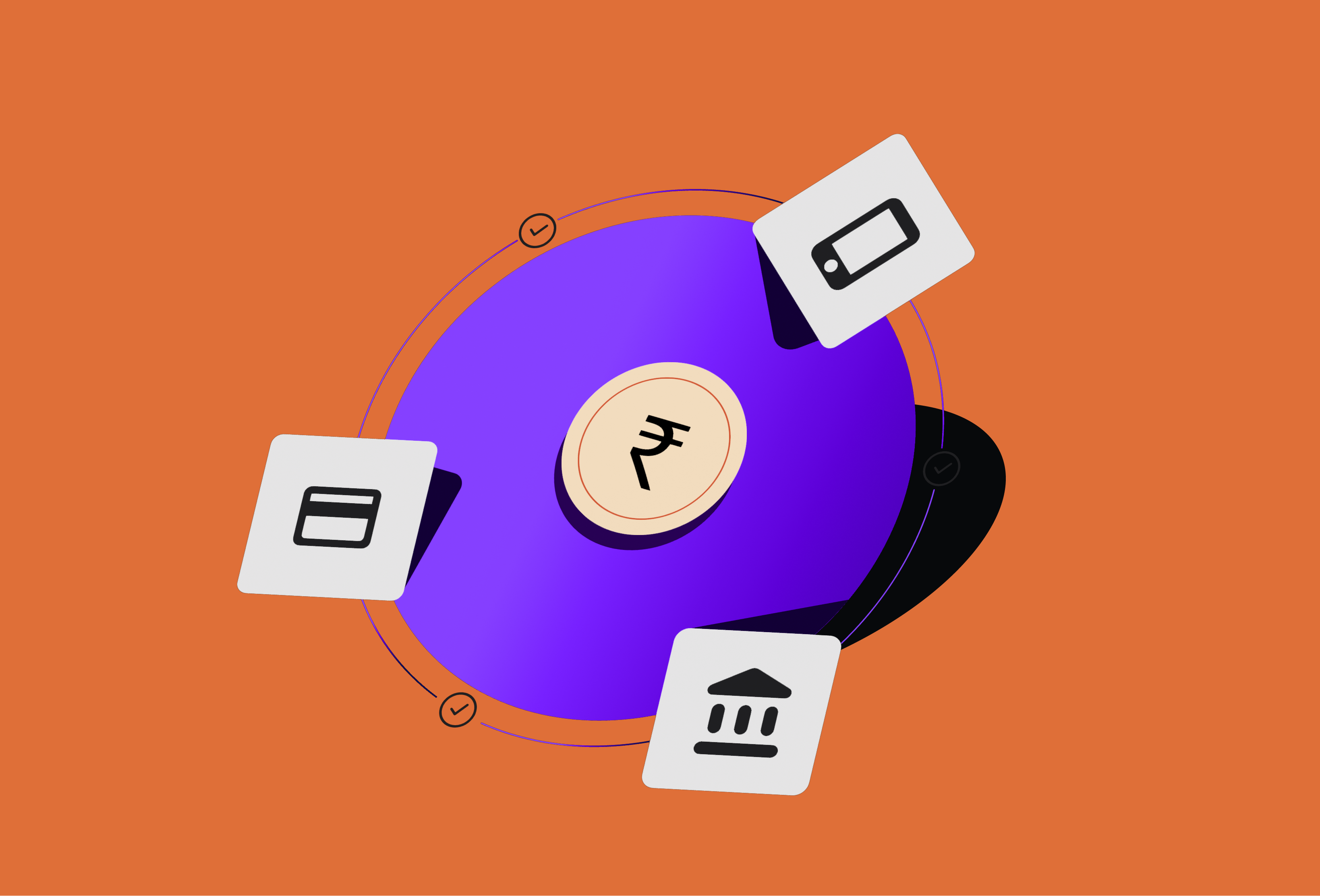In today’s fast-paced digital economy, every rupee counts, and every transaction matters. For small and medium-sized businesses (SMEs) across India, mastering payout automation isn’t just a good practice – it’s crucial for survival and growth. Yet, many companies still grapple with manual payment processes, leading to a host of issues from costly errors to compliance headaches.
Imagine a world where your vendor payments, payroll, and refunds happen seamlessly, with minimal manual intervention, fewer errors, and iron-clad compliance. That’s the power of payout automation, and it’s a game-changer for Indian businesses looking to thrive.
The Unseen Costs of Manual Payouts: A Reality Check for Indian SMEs
While manual payment processes might seem straightforward, they often hide significant inefficiencies and risks. For an Indian small business owner, these can translate into tangible losses and reputational damage.
Here are some common pain points:
- Time Drain: Manually preparing payment files, verifying bank details, and getting approvals is incredibly time-consuming. This takes away precious hours that could be spent on core business activities, such as serving customers or innovating products.
- Human Error Hazard: From typos in bank account numbers to incorrect amounts and duplicate payments, manual data entry is ripe for errors. Even a single mistake can lead to delayed payments, bounced transactions, and the need for tedious reconciliations.
- Compliance Conundrums: India’s regulatory landscape for payments, including RBI guidelines, GST, and evolving data protection norms, is complex. Manual processes make it challenging to maintain an accurate audit trail, adhere to KYC/AML requirements, and report transactions correctly, potentially leading to hefty fines and legal issues.
- Lack of Visibility: When payments are managed manually, gaining a real-time overview of your cash flow and outstanding payments becomes a monumental task. This lack of visibility can hinder effective financial planning and decision-making.
- Strained Relationships: Delayed or erroneous payments can severely damage relationships with vendors, employees, and customers, impacting your business’s reputation and potentially leading to a loss of trust and future business.
📌 Pro Tip for Indian SMEs
Don’t underestimate the cumulative impact of small, repetitive manual tasks. Over time, they consume significant resources and introduce unnecessary risks that can be easily mitigated with smart automation.
What Exactly is Payout Automation?
Simply put, payout automation is the use of technology to streamline and automate the entire process of making outgoing payments. This includes everything from initiating payments to reconciliation and reporting. Instead of a person manually inputting details and executing transactions, an intelligent system takes over, guided by predefined rules and workflows.
Think of it like this: instead of writing individual cheques or manually logging into your bank portal for every single payment, a robust payment automation platform integrates with your existing systems (like accounting software) to handle payouts in bulk, securely, and with minimal human intervention.
How Payout Automation Supercharges Your Compliance
Compliance is non-negotiable in the Indian financial ecosystem. Payout automation provides a robust framework to ensure your business remains compliant with regulations.
- Automated KYC/AML Checks: Many advanced payment automation platforms come with built-in mechanisms for automated Know Your Customer (KYC) and Anti-Money Laundering (AML) checks. This is critical for Indian businesses to comply with RBI regulations, especially when onboarding new vendors or processing high-value transactions. The system can instantly flag suspicious activities or incomplete documentation, preventing potential compliance breaches.
- Immutable Audit Trails: Every transaction processed through an automated system leaves a digital footprint. This creates a comprehensive, unalterable audit trail that details who initiated the payment, when it was approved, and its final status. This is invaluable during audits by tax authorities or financial regulators, significantly simplifying the compliance process.
- Data Accuracy and Consistency: Automated systems drastically reduce the chance of data entry errors, ensuring that all payment information is accurate and consistent across your records. This precision is vital for accurate GST filings and other regulatory reporting.
- Role-Based Access Control: Payout automation platforms allow you to define granular access controls. This means that only authorized personnel can initiate, approve, or view specific types of payments, thereby reducing the risk of internal fraud and ensuring adherence to internal financial policies and external compliance requirements.
- Real-time Monitoring and Alerts: Modern payment automation software provides real-time visibility into all transactions. Any anomalies, failed payments, or potential compliance red flags can trigger instant alerts, allowing your team to address issues proactively before they escalate into major problems.
Reducing Payment Errors: A Direct Impact on Your Bottom Line
Beyond compliance, the direct impact of payout automation on reducing payment errors can significantly improve your financial health and operational efficiency.
- Eliminating Manual Data Entry Errors: This is the most straightforward benefit. By removing human hands from repetitive data entry tasks, the likelihood of typos, incorrect bank details, and miskeyed amounts decreases significantly. Automated systems validate data against existing records, ensuring accuracy from the get-go.
- Automated Reconciliation: The bane of many accounting departments, manual reconciliation, becomes a breeze with automation. The system automatically matches payments with invoices and ledger entries, highlighting any discrepancies instantly. This saves countless hours and ensures your books are always accurate.
- Preventing Duplicate Payments: Automated systems can be configured to detect and prevent duplicate payments, a common and costly error in manual processes. The system checks against previous transactions to ensure you don’t pay the same invoice twice.
- Streamlined Approval Workflows: Complex approval processes frequently result in delays and errors. Payout automation enables you to establish multi-level approval workflows, ensuring that every payment undergoes the necessary checks before disbursement. This reduces bottlenecks and minimizes the risk of unauthorized or erroneous payments.
- Reduced Bounced Payments and Chargebacks: With accurate bank details, real-time validation, and timely processing, the likelihood of bounced payments due to incorrect information or insufficient funds (on your side) is significantly reduced. This also helps in avoiding costly chargebacks and associated fees.
Realistic Example for an Indian Business Owner: Imagine you run a small manufacturing unit in Pune and need to pay 50 daily wage workers and 10 vendors every week. Manually processing these 60 payments, checking each bank account, and reconciling them afterward is prone to errors – a few misplaced digits could mean a worker doesn’t get paid on time or a vendor receives an incorrect amount. With payout automation, you upload a single file, and the system handles the rest, drastically cutting down on such mistakes and ensuring everyone is paid accurately and on schedule.
Actionable Insights & Pro Tips for Implementing Payout Automation
Ready to transform your payment processes? Here are some actionable insights and pro tips:
- Start Small, Scale Smart: You don’t need to automate everything at once. Begin with the most repetitive and error-prone payout types, like vendor payments or employee reimbursements. Once you see the benefits, you can gradually expand your use.
- Integrate with Existing Systems: Look for a payout automation solution that seamlessly integrates with your existing accounting software (like Tally, Zoho Books, or QuickBooks) and ERP systems. This ensures data consistency and prevents the creation of new data silos.
- Prioritize Security: When selecting a platform, ensure it meets the highest security standards, including data encryption, multi-factor authentication, and regular security audits. In India, look for platforms that are compliant with RBI guidelines and PCI DSS standards.
- Train Your Team: While automation reduces manual effort, your team still needs to understand how to use the new system effectively. Invest in proper training to maximize the benefits and ensure smooth adoption.
- Monitor and Optimize: Payout automation isn’t a “set it and forget it” solution. Regularly monitor your payment processes, analyze performance reports, and identify areas for further optimization.
Ready to Simplify Your Payouts? Meet Zwitch.
Imagine a world where your business payments are instant, error-free, and always compliant. Zwitch is built for Indian businesses, offering payout automation that takes the headache out of managing finances. From bulk salaries to instant vendor payments, Zwitch ensures every rupee moves securely and efficiently.
With real-time tracking, robust compliance features, and seamless integration with your existing systems, Zwitch empowers you to focus on growth, not payment complexities.
Unlock Growth with Seamless Financials
Imagine a scenario where tedious manual payment tasks no longer bog down your financial team. Instead, they’re free to focus on strategic initiatives, analyzing financial data to identify growth opportunities, and improving their business’s overall financial health. That’s the strategic advantage that payout automation offers. It’s not just about saving time; it’s about empowering your business to grow with confidence and control.
Frequently Asked Questions (FAQs) about Payout Automation
What types of payments can I automate with a payout automation solution?
You can automate a wide range of payments, including vendor payments, employee salaries and reimbursements, customer refunds, commission payouts, referral fees, utility bills, and more. Any recurring or bulk outgoing payment can be automated.
Is payout automation suitable for small businesses in India, or is it only for large enterprises?
Payout automation is highly beneficial for businesses of all sizes, including small and medium-sized enterprises (SMEs) in India. Even with a moderate volume of payments, the time savings, error reduction, and compliance benefits are substantial.
How does payout automation help with GST compliance in India?
Payout automation helps by ensuring accurate recording of all transactions, providing detailed audit trails for every payment, and reducing errors in payment amounts, which directly impacts the accuracy of your GST filings. Many platforms can also integrate with your accounting software for seamless data flow.
What security measures are in place to protect my payment data with automation?
Reputable payout automation platforms employ robust security measures, including end-to-end encryption, multi-factor authentication, fraud detection mechanisms, and adherence to global security standards such as PCI DSS, as well as local RBI guidelines.
How long does it take to implement a payout automation system?
The implementation time varies depending on the complexity of your business and the chosen solution. However, many modern fintech platforms offer relatively quick onboarding, with basic setups taking anywhere from a few days to a few weeks.
Can payout automation integrate with my existing accounting software?
Yes, most advanced payout automation solutions offer seamless integration with popular accounting software used in India, such as Tally, Zoho Books, QuickBooks, and others, to ensure smooth data flow and reconciliation.
What happens if a payment fails with an automated system?
Automated systems typically have built-in error handling and notification mechanisms. If a payment fails, the system typically provides real-time alerts, detailed error codes, and sometimes even automatic retry options, enabling you to identify and resolve the issue quickly.
Will payout automation replace my existing accounting or finance team?
No, payout automation doesn’t replace your team. Instead, it empowers them by taking over repetitive, manual tasks. This frees up your finance team to focus on more strategic activities, such as financial analysis, forecasting, and optimizing cash flow, thereby adding more value to your business.
How does payout automation help prevent fraud?
It helps prevent fraud through features like strict access controls, automated KYC/AML checks, real-time transaction monitoring, and the creation of immutable audit trails, making it difficult for unauthorized or fraudulent transactions to occur undetected.
What is the ROI (Return on Investment) of implementing payout automation?
The ROI comes from various factors, including significant time savings for your finance team, reduced costs associated with manual errors and bounced payments, avoidance of compliance fines, improved vendor and employee relationships, and enhanced financial visibility for better decision-making.


